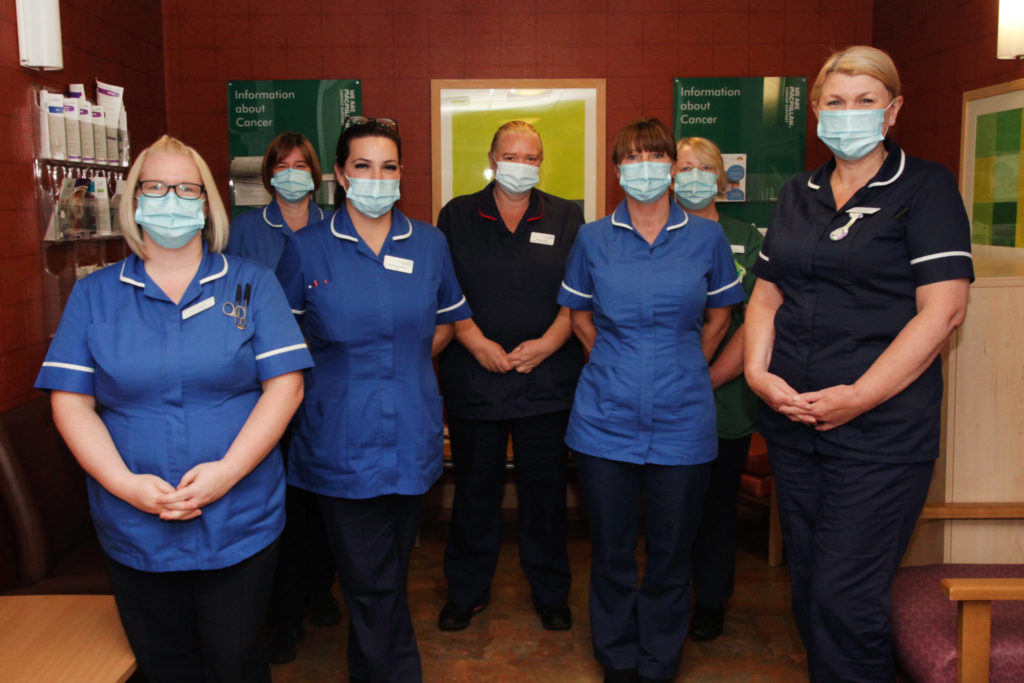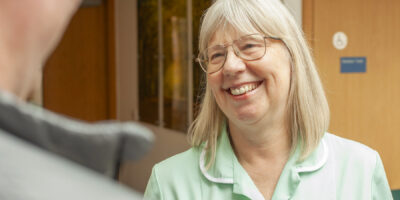The survey, which was undertaken by 116 of a possible 201 locally, is designed to monitor progress on cancer care. Once completed, the collated findings provide first-hand information to help highlight where services can improve, detailing what has gone well, what could be better and what needs to be developed in the future. The NCPES is overseen by the national Cancer Patient Experience Advisory Group, and sent to individuals, anonymously, by Picker.
The questionnaire is sent to adults (aged 16 and over) with a confirmed primary diagnosis of cancer, who have been discharged from an NHS trust (in this instance, either Doncaster Royal Infirmary or Bassetlaw Hospital) after an inpatient episode of day case attendance between the months of April, May and June 2021.

Highlights of the report received by DBTH include 91% of patients stating that ‘Treatment options were explained in a way that could be completely understood’ against a national average of 82%. Similar, 97% respondents stated that they had enough information about any procedures and surgery they were offered against a national average of 89%.
Overall, 79% of all responses received by the Trust were higher than the national average, with select findings below:
- 100% said Care team reviewed the patient’s care plan with them to ensure it was up to date.
- 96.4% a member of their care team helped the patient create a care plan to address any needs or concerns.
- 93% of patients said they were always treated with respect and dignity while in hospital.
- 93.2% of patients were given information that they could access about support in dealing with immediate side effects from treatment,
- 92.7% said staff provided the patient with relevant information on available support.
- 90% said hospital staff always did everything they could to help the patient control pain.
- 89.6% of patients told they could go back later for more information about their diagnosis.
- 84.6% of patients said they were definitely involved as much as they wanted to be in decisions about their treatment.
- 80% of patients only spoke to primary care professional once or twice before cancer diagnosis.
Individuals who completed the survey had the opportunity to leave comments, with one sharing the following: “My experience with [Doncaster Royal Infirmary’s] Jasmine Centre with Mr Olumuyiwa Olubowale and staff has been brilliant. I’ am so grateful for the care I have received after my diagnosis and the treatment I was given. The operation and aftercare has been fantastic.”
Where the hospital could have done better includes better information regarding diagnostic tests ,progress with immunotherapy,radiotherapy, chemotherapy, the quality of food within the hospital, as well as parking. All of which the Trust will look at in further detail and explore improvements in the future.
Lesley Barnett, Deputy Director of Nursing for Cancer and Chemotherapy, said: “As a Trust we are very proud of these results, and pleased to see improvements within our services. The past two years have been particularly difficult, and while there are things that we can do better, it is fantastic to see that, the majority, of our patients believe we are offering a high quality service. A huge thank you to all colleagues involved.
“We are currently busy looking at where we can enhance the care we provide a result of these survey findings, and a focus in the coming months is to increase participation in this questionnaire when it arrives once again in the coming weeks, including those patients who have experience of our outpatient services.”



